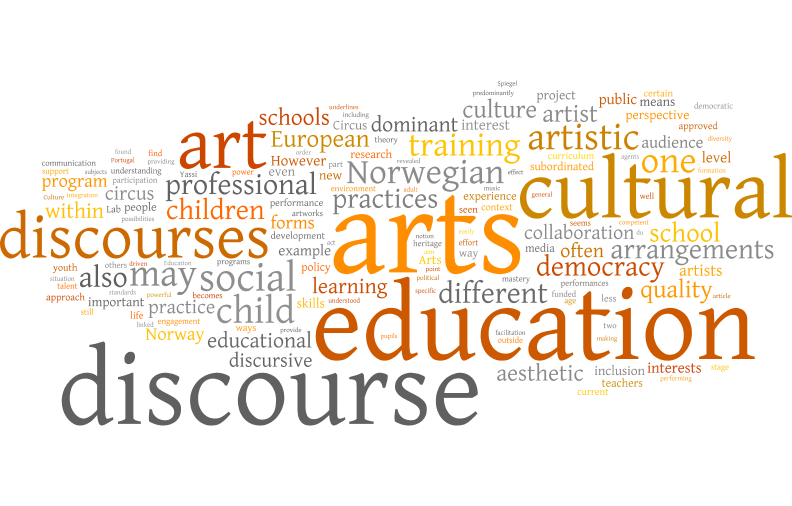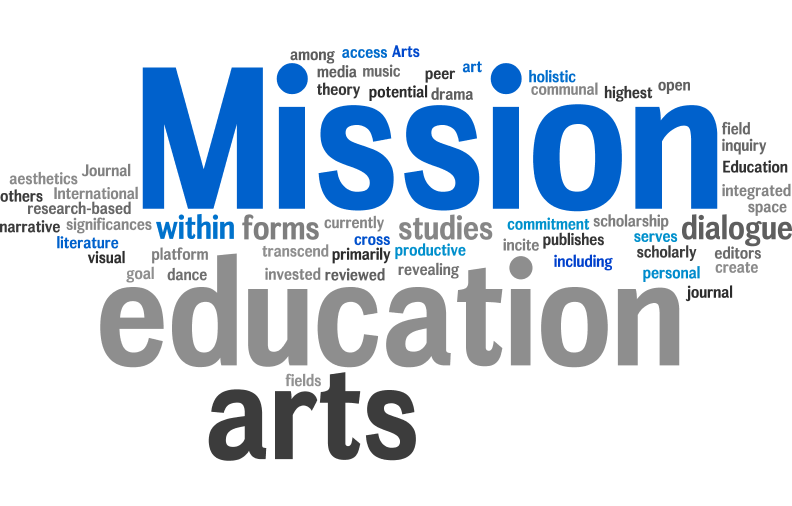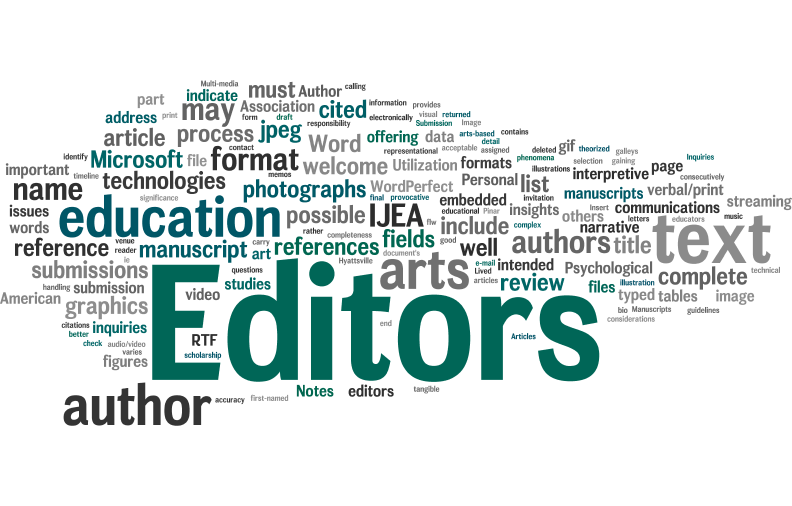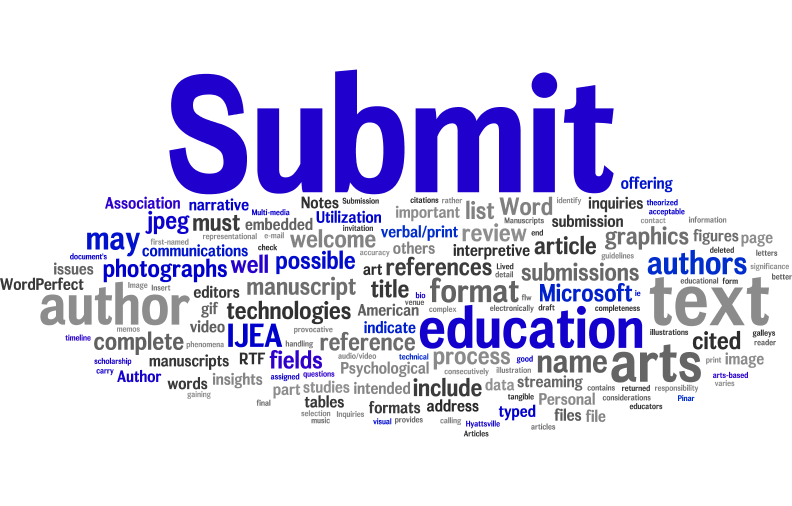| Volume 18 Number 8 | February 18, 2017 |
Arts Education and Cultural Democracy: The Competing Discourses
Bjørn Rasmussen
Norwegian University of Science and Technology, Norway
Citation: Rasmussen, B. (2017). Arts education and cultural democracy: The competing discourses. International Journal of Education & the Arts, 18(8). Retrieved from http://www.ijea.org/v18n8/.
Abstract
Arts education are understood and implemented by ways of different discourses. Following critical discourse theory, discourses are part of power strategies and they predominantly fight for dominance. What this means is that certain discourses and accompanying practices of arts education may rule and others may be subordinated or neglected. A review of current Norwegian publicly funded arrangements on arts and education shows competing discourses, which seem subordinate to a dominant Eurocentric arts institutional discourse. The general use of high art ‘quality’ as a nodal point in most arrangements supports the argument. Through contemporary practices of social circus outside Europe, such as Circus du Monde, and by an exemplar project, The Circus Lab, a collaboration between Norway and Portugal, a different discourse of cultural democracy and education (formation) is seen and expressed. This discourse seems to be less visible in the European context of publicly funded arrangements, where professional training, exposition to the cultural canons and audience participation still seem to monitor the comprehension and act as discursive triggers by which policies are governed. Among the consequences are lost opportunities of collaborative practices between the competent adult and the competent child.
Visual Abstract




